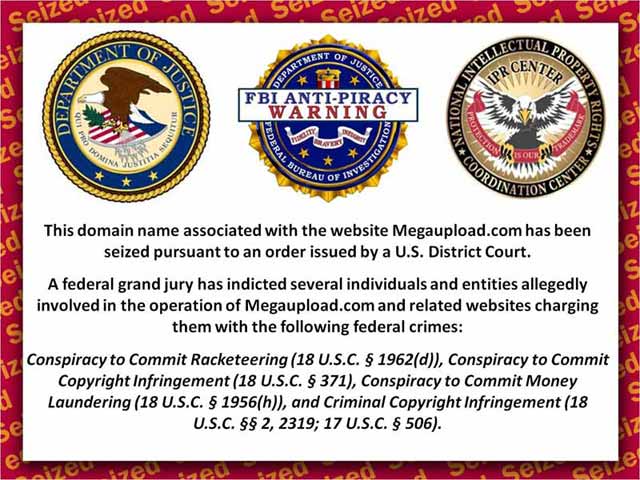
Information Resources and Technology receives 250 to 500 complaints from record and movie companies each year due to St. Thomas students who violate copyright laws.
Senior finance major Alex, whose last name has been withheld for confidentiality purposes, said that Internet service provider Comcast recently sent him two emails threatening to suspend or terminate his service for violating copyright laws.
“I get where artists and stuff are coming from, like musicians losing money,” Alex said. “(But) I haven’t bought a music album in seven (or) eight years.”
IRT Director Chris Gregg said St. Thomas’ role in enforcing copyright laws “are almost 100 percent governed by the Digital Millennium Copyright Act.”
The DMCA, which was passed by Congress in 1998, makes the copy or sharing of intellectual property–music, videos, games, software, etc., illegal without the permission of the owner.
If IRT receives a complaint, it will attempt to identify the student by the IP address listed in the complaint. IRT then forwards the complaint to the student.
Gregg said that IRT is required to follow this process because of the Higher Education Opportunity Act.
![120202_COPYRIGHTPICS_0014_FINAL[1] <p>IRT receives hundreds of copyright complaints each year, and students may receive a cease and desist order telling them to stop illegal downloads. Students can rent videos for free from the library media room. (Josie Oliver/TommieMedia)</p>](https://www.tommiemedia.com/wp-content/uploads/120202_COPYRIGHTPICS_0014_FINAL1-210x300.jpg)
The Higher Education Opportunity Act was enacted by Congress in 2008 and asks universities and colleges to develop plans to combat the unauthorized distribution of copyrighted material.
Alex said that he received two back-to-back cease and desist orders at the end of January.
“I have been using torrent stuff… since high school, and I know other people who have used it too,” he said.
In the case of repeat offenses, the HEOA policy requires IRT to notify the Dean of Students’ Office and Public Safety.
Senior Taylor Melvin said that she does not know anyone who has received a DMCA complaint for illegally downloading music or movies but does know many people who download content illegally.
“It kind of sucks to pay for music and movies, especially when you see other people just getting it for free,” Melvin said.
Crackdowns on online piracy of movies, music and other intellectual property have been highly publicized since Congress proposed the Stop Online Piracy Act. Kim Dotcom, owner of the file sharing website megaupload.com, was arrested in late January for facilitating the illegal sharing of millions of movies and music.
Students can access St. Thomas copyright policies at: http://www.stthomas.edu/copyright/advice/infringementfaq/index.html
Patrick Roche can be reached at roch6667@stthomas.edu.


